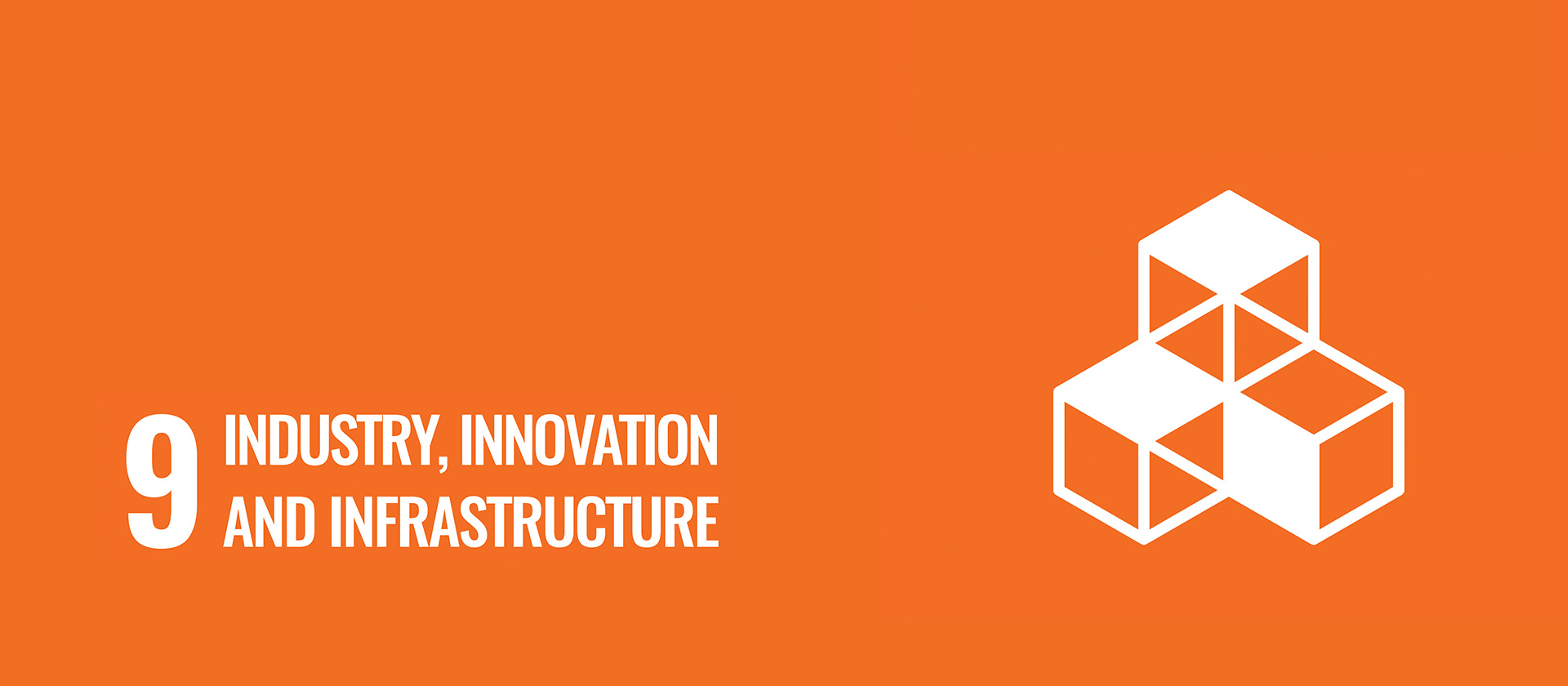Worldwide, the manufacturing sector has slowly been diminishing, and the Covid-19 pandemic has further impacted this sector causing disruptions to supply and product value.
In recent years, research and development have slightly increased across the world. Innovation and technological improvements have aided economic growth.
Globally, technological advancements have seen 50% of the population connected to the internet. Mobile coverage exists in 96% of the world, in some form, or another.
The overlaying economic, social and environmental injustices of the pandemic highlights the countries with weaker infrastructures, and less able to cope with environmental catastrophes. We need to try to help these countries with economic support, vaccination rollout and the supply of new technologies.
Find out more about Goal 9: Industry, innovation, and infrastructure.
Teaching and learning
University of Liverpool students are able to this topic from a number of different perspectives within course modules. Examples of course modules that have a direct or indirect focus on industry, innovation and infrastructure (as assessed by students) include:
- Advanced embedded systems (ELEC470)
- Microprocessor systems (ELEC422)
- Psychological assessment at work (ULMS884)
- Contemporary Town Planning (ENVS152)
- Planning & Property Development (ENVS369)
We recognise that there is much more to do to equip students with the knowledge and skills that they need to make a contribution to achieving this global goal. Working with the Guild of Students our undergraduates and postgraduates have the opportunity to audit their curriculum modules for their relevance to SDG9: Industry, innovation and infrastructure and to make recommendations for changes to the course content. For more information on how students can get involved see the Guild curriculum audit report.
The University has also established a Built Environment Working Group. This group brings together academics, students and representatives from the Centre for Innovation in Education to develop a strategic plan for embedding SDGs into the curriculum including SDG9.
There are also a number of ways that students can support the aims and objectives of SDG9 through extra-curricula activities, including through volunteering opportunities provided by the Guild of Students.
Research and knowledge exchange
The University contributes to industry, innovations and infrastructure and seeks potential solutions across many areas of research. Some key examples are:
- Materials Innovation Factory
- The Digital Innovation Facility
- Virtual Engineering Centre
- Event: Developing robots for domestic environments
Leadership, governance and professional services
Examples of leadership, governance and professional services include:
Careers and Employment Innovation Challenge: The robots are coming
The robots are coming competition asked students to propose how technology could be incorporated into the student experience to either improve or enhance. Contenders were in with the chance of winning £500 of vouchers for tech accessories of their choice.
Back to: Sustainability
